 The flesh-eating virus that consumed a group of college vacationers is back in Cabin Fever 2: Spring Fever. In this sequel to the not very good original, the virus gets leaked into the water supply at a local high school. The film takes a while to get going, focusing on character development before gore but unfortunately the characters are poorly written overall and incredibly one dimensional. This is film that is drenched in blood and high school cliches, with all of the main characters being very boring and uninspired. I'm sure some would argue that this was an intentional decision but I'm not buying that. Apparently Ti West has tried to have his name removed from Cabin Fever 2: Spring Fever but I'm not sure why even with the aforementioned problems. West has put together a film with some damn creative and fun gore gags and expressionistic imagery. The film is silly but it has some great moments - an example being the montage prom sequence where the signs of the virus are blunt in execution but it's certainly a well crafted sequence nonetheless. Cabin Fever 2 goes all out in the name of bad taste and it certainly succeeds at grossing out the viewer. While I can understand West's issue with the generic and boring narrative, it's gross, fun and better then Roth's original. 6/10
0 Comments
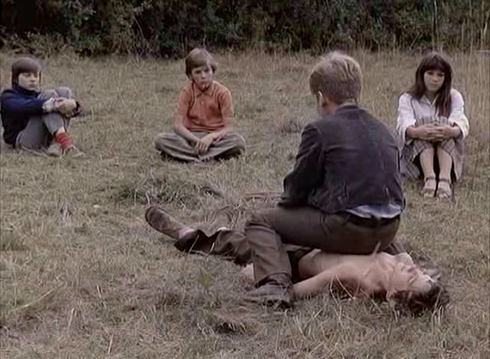 Daniel lives with his grandmother in the countryside of France. After his first year of high school, Daniel's absentee mother comes back into his life, taking him to live in the south of France. While Daniel is just a boy anxious to finish school, his mother is against the idea because she cannot afford it. Thus Daniel is sent to work as an apprentice in a moped repair shop where her is forced to learn about girls, work, and adulthood far too fast for his age. Jean Eustache's My LIttle Loves is truly remarkable film about adolescence, capturing the curiosity and innocence of youth and how easily it can be stripped away by the realities of the world we live in. While I didn't know it upon viewing My LIttle Loves, this is a semi- biographical account of Eustache's youth and it shows, feeling incredibly genuine in a way which I've never seen before. My Little Loves is a film about the little moments that make up our childhood and how even some which seem so trivial can shape the person we grow to become. Daniel goes from a home in which he is nurtured and able to live like a child to the harsh reality of living with his mother where he has to work and learn almost everything on his own. The film at times almost feels like a series of vignettes, with each scene feeling like a distinct memory that stands on its own, even though the film has a definitive narrative structure. Each of these moments show are character-driven and important, capturing the molding of a young man. The film can be unsettling at times, as we witness things which no young boy should have to experience without the proper adult figure, yet Eustache never overly dramatizes any of these situations, letting us simply view them through the point of view of young Daniel, a boy that doesn't necessarily know better. The ending of the film perfectly wraps up Daniel's journey, when he returns to visit his grandmother a year later and discovers he has grown up faster than any of his old friends. Jean Eustache's My LIttle Loves is a deeply personal reflection on childhood and one of very best films ever made about the bridge between adolescence and adulthood. 9/10  Foxfur is the latest from maverick filmmaker Damon Packard, and it’s a bold, challenging piece of idiosyncratic filmmaking. Packard seems to want to challenge the viewer by bombarding them with a chaotic plot structure, dazzling and vibrant light filters and a dense, superb soundtrack which together create a film built to challenge the viewer’s perceptions in every way. Packard’s Foxfur is quite the acid trip, as we follow the titular character, FoxFur (played by four or five different actresess), as she embarks on a journey with her friend, Khris, to the “metaphysical” bookstore. On their way they encounter a disconnected population of Angelinos, witness floating spaceships, and even travel back in time to the set of Mash in 1982. If you haven’t by now figured it out, FoxFur is everything but conventional, having an absurdist rhythm to it all that gives it this dream-like feel. It’s hard to follow at times but also profound, and features a quite a few hilarious moments courtesy of Khris Kaneff’s fantastic comedic performance. Through this journey the film has this fascinating blend of ideas like the role technology plays in our current society, the eccentricities of Los Angeles culture, and UFO folklore. I personally found the commentary about our societies reliance on technology to be captivating, with Packard suggesting that we have all become mindless slaves to our smartphones. While watching Foxfur I couldn't help but wonder what Packard could deliver if given even 10% of the resources many mainstream filmmakers have. His ingeniunity and creative process is inspiring, especially for how much he is able to create with so little. I would be lying if I said I understood everything Packard was trying to do with FoxFur, but perhaps that’s simply the point, with the film spurring all narrative expectations while delivering a truly unique and transfixing experience. 8/10  Jamie, an Atlanta resident, travels to Brooklyn in an effort to visit her friend, Samantha. When Jamie arrives in the city she is unable to get a hold of Samantha, whose phone has been disconnected. By sheer coincidence Jamie runs into Charlie, a stranger, who helps her with directions to a restaurant where Samantha could be. The two instantly share a nice connection, and end up spending the rest of the day and night together. Aaron Katz's Quiet City is a idiosyncratic exploration of relationships and how they can be created and evolve from mere encounters. Jamie and Charlie are two characters that are so well defined and the film beautifully captures their evolving relationship with care, creating a very genuine feeling portrait of a chance encounter. We see everything from their awkward pauses and nervous banter which exists early in their encounter to the quiet sense of comfort the two share towards the end. While this relationship is certainly the meat of the story, Quiet City is also able to capture the feeling which many young-20s individuals experience, being a little lost in life and simply trying to figure out exactly where one belongs. Quiet City is a beautifully photographed film, which is especially impressive given its rather ugly digital photography. Katz's cinematography gives the film a meditative feel, with a few great moments where he focuses the camera close up on the faces of these characters almost as if he is peering into their soul. Quiet City is not an overly ambitious piece of film-making but that certainly doesn't mean it doesn't have a lot to offer. 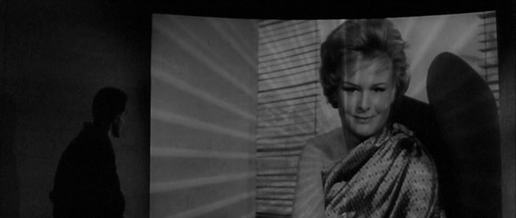 Set in the 22nd century, Icarus XB1, takes place in a world which has been united under one government. A giant spaceship is sent into outer space with the intention of exploring the far reaches of the universe. Full of colonists, the group hopes to find a suitable planet for life somewhere around Alpha Centauri. Unexpected problems happen along their journey ranging from encounters with unknown spacecrafts to malfunctioning computer systems but as they discover, their greatest conflict lies in the fragility of man. Jindrich Polak's Icarus XB1 is a intelligent, slow-paced science fiction film that is far ahead of its time. Like all good science fiction films, Icarus XB1 works because it uses this fantastical world to explore universal themes about humanity. These colonists are on a seemingly endless journey and the film handles time dilation in a realistic way, showing how the various colonists cope psychologically with the long journey, while understanding that they will age much slower than their loved ones back on earth. More Solaris than Alien, the film spends most of its time with the crew, exploring their relationships and minds. It does a great job at capturing the wear-and-tear this ambitious inter-galactic voyage has on their psyche, showing the fragility of human lives. The set design is lavish and detailed, with some of the designs being quite practical and inventive in a way that is quite remarkable given its release date. For that matter, It wouldn't surprise me if Kubrick drew some inspiration from this film when designing the look and feel of 2001: A Space Odyssey. Icarus XB1 is not a fast-paced film and while I did think it lagged a little too much in the middle, it's a cerebral look at the fragility of humanity set against the grandiose scale of Space. 7.5/10 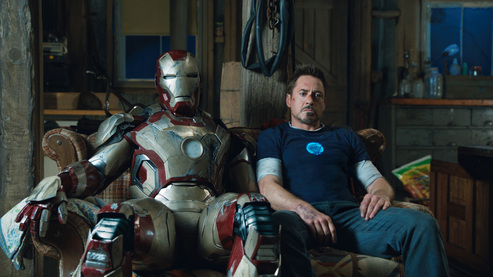 Picking up soon after the events of The Avengers, Iron Man 3 finds Tony Stark haunted by what he experienced in New York. When Stark finds his personal world destroyed by a terrorist known as The Mandarin, he finds his resolve tested like never before. This sends Stark on a harrowing quest to stop the man responsible and find retribution. Shane Black's Iron Man 3 is a fun, albeit silly, entry in the trilogy that relies too heavily on a rather nonsensical evil force to test Iron Man's strength. As one would expect with Shane Black writing the script, Robert Downey Jr. is as fun as ever as Tony Stark, chewing up dialogue at every turn. The film starts off strong, focusing on how Tony Stark is haunted by the events of the Avengers. Stark is clearly a man whose always been the smartest man in the room, and with the events that unfolded in New York he finds himself a bit of mess, terrified of not being able to protect himself and more importantly, the one he loves. This idea of Tony Stark feeling inadequate is really the strongest aspect of the film, but unfortunately the rest of the film isn't nearly as smart or interesting. One of the problems I've always had with the Iron Man films was the lack of a strong antagonist and while the villain in Iron Man 3 is certainly a stronger adversary than the boring villain of the first Iron Man, his means are a little too hard to believe. I realize Iron Man is a comic book character but the way Iron Man 3 unfolds, being easily the darkest of the three, I was hoping for a more grounded villain instead of someone who is essentially supernatural. In the end, Shane Black's Iron Man 3 is certainly entertaining enough because of Robert Downey Jr's character but I was hoping for something more from a story and emotion perspective. 6.25/10  Anna is a middle-aged Austrian woman who lives alone in Vienna. While she has a day job at the hospital, her main job is being a vessel for Jesus, who she loves unconditionally. She is part of a small but dedicated group of ultra-religious Catholics who are intent on bringing god back to the forefront in Austria. Although her faith is very strong, it becomes challenged when her crippled Muslim husband returns home, seeking her love which she has already devoted to God. Ulrich Seidl's films are truly one of a kind and with his latest, Paradise: Faith, he sets his sights on presenting an intimate look at a woman who will do anything for her faith. While many had led me to believe that Seidl's recent film was a damnation of faith, I didn't really see it that way, with the film merely offering a portrait of a devout catholic. Thematically the film is rather reductive, with countless scenes capturing the extreme and often times hysterical means Anna goes through to push her faith on everyone around her. From Anna going door to door attempting to spread the word of god to her neighbors, to how she methodically self-mutilates herself to resist the temptations of the flesh, the film's thematic presentation is clear but simple. While the film is certainly a serious subject matter the film is full of dark comedy, with the film intentionally or not capturing some of the absurdities of Anna's lifestyle. Another thing that I found interesting about Paradise: Faith is how much of the film was improvised, with some of the characters being real people and not actors at all. While filmmakers like Cassavetes were known for their improvisation what makes Improvisation so interesting in this film is how focused and planned out Paradise: Faith is from a visual standpoint. Devoid of almost anything but static photography, Paradise: Faith is meticulously detailed, full of rich compositions that in themselves capture the sensibilities of the story. Ulrich Seidl's Paradise: Faith is definitely not a film for most audiences, but if willing, it effectively transports the viewer into Anna's world giving a intimate and resonant portrait of a woman caught between faith and her human desires. 8/10 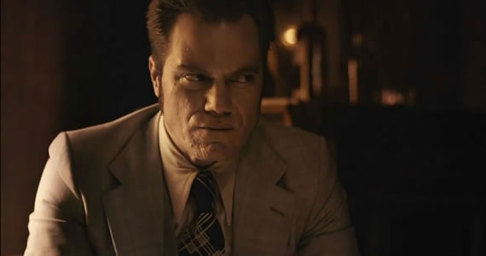 Based on a actual events, Ariel Vromen's The Iceman tells the story of notorious contract killer Richard Kuklinksi who was believed to be responsible for the death of over 100 people. The film follows Kuklinski's life from his early days when he became entangled with the mob until his arrest. Ariel Vromen's The Iceman is a decent crime drama that never dives deep enough into Kuklinski's psyche being far too reliant of Shannon's powerful performance. In my opinion, Michael Shannon is one of the best actors working today and he does a great job playing this character who has a relatively smooth demeanor with rage boiling right underneath the surface. He carries the movie on his back with this mesmerizing portrayal of a man who performs brutal murders only to return home and be a loving husband and father. The film is truly centered around this man's profession and his family but I never thought it achieved that outside surface level dramatics. The Iceman is a very fast paced picture which covers many years in a small time frame. While some may like the fast paced narrative I really wish the film would have taken more time to build the emotions and themes of the story. The slight compassion one feels for Kuklinski is a bi-product of Shannon's performance and has little to do with the writing and structure. Ariel Vromen's The Iceman is an average crime thriller that is elevated by Michael Shannon's performance. 6.5/10  Set in the world of modern agriculture, Ramin Bahrani's At Any Price follows Henry Whipple, an ambitious and hardworking man who works night and day to expand his family's farming empire. Henry desperately looks to his son, Dean, to help with the family business but Dean has plans of his own in trying to become a successful race car driver. When the family business comes under investigation for illegal tactics, father and son find themselves in the middle of an unexpected crisis threatening their entire livelihood. Ramin Bahrani has been responsible for some of the better American independent films in recent years (Goodbye Solo, and Chop Shop) with his penchant for slow paced films being the major obstacle to mainstream acclaim. With At Any Price he has created by far his most accessible film for general consumption but unfortunately that ends up hurting the quality of his film tremendously. At Any Price is a film that is soaked in melodrama with plot point after plot point that's only purpose seems to be to create drama at every turn. That alone really isn't a problem but because of this some of the drama doesn't feel organic, merely placed their to create dramatic action. Dennis Quaid's Henry Whipple is the glue which holds this film together, a man who lacks the ability to see the difference in importance between the family business and the family itself. He feels the pressure from his father to keep the family business strong and passes that pressure unknowingly to everyone around him. Dennis Quaid's performance was without question the highlight of the film for me and it could very well be the best of his career. The third act is really when Henry is awakened to the importance of his family, and while some will find it extremely dramatic, I found the last portion of the film to be the strongest because of its emotional resonance. There is no denying that Ramin Bahrani is a talented filmmaker, and even in a film where he misses the mark there are glimpses which remind you of his talent. My favorite being a sequence before one of Dean's big races where the Star Spangled Banner is sung. Known for his slow moving dramas, At Any Price doesn't really feel like one of Bahrani's films, being polar opposite in its desire to go overly dramatic to the point where I began to question whether outside influences affected the film. 6/10 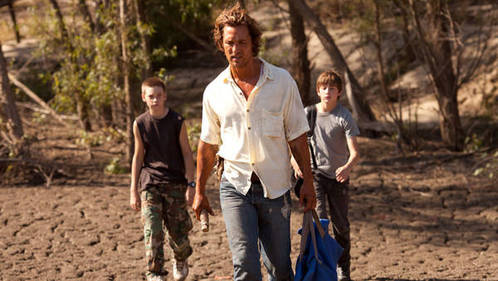 Ellis and Neckbone are two young boys living in the deep south. One day while they are out exploring the Mississippi they come accross a mysterious man named Mud, who is hiding out on a deserted island. While skeptical at first, the boys make a pact with Mud, agreeing to help him find the love of his life, Juniper, and escape down the Mississippi river. Its no secret that Jeff Nichols has a deep affinity for Southern tales and with Mud he has crafted another intriguing and contemplative gothic tale. Nichols style is rather restrained with Mud but the film uses the Southern setting to great effect, establishing the world these characters live in with establishing shots that give the film a meditative quality. Mud is a film draped in mystery and the film does a wonderful job at creating this sense of intrigue centered around Mud's character, a trait that remains prevalent through most of the films running time. I found myself enamored by this character but constantly at arms reach, not sure if Mud is a character who can actually be trusted. As we follow these two boys, we begin to see how both Ellis and Neckbone's lives mirror Mud's in one way or another. Neckbone's connection is much more trivial - being a young boy who never knew his parents, but Ellis' connection is very prevalent to the theme, being a young boy who believes he is in love with a girl from school. Mud wears its intentions pretty solely on its sleeve, being a film interested in dissecting the emotions centered around love. Almost every character in the film (Ellis, Mud, Ellis' parents) are dealing with their emotions but Nicohols intentions are never entirely clear. Is he trying to comment on how love is hard work? or maybe how people sometimes confuse the meaning of love? I'm not sure, but perhaps that is the point because Nichols' opinion on this matter never feels completely defined, being rather enigmatic, similar to how our emotions and love itself is hard to quantify. 8.25/10 |
AuthorLove of all things cinema brought me here. Archives
June 2023
|
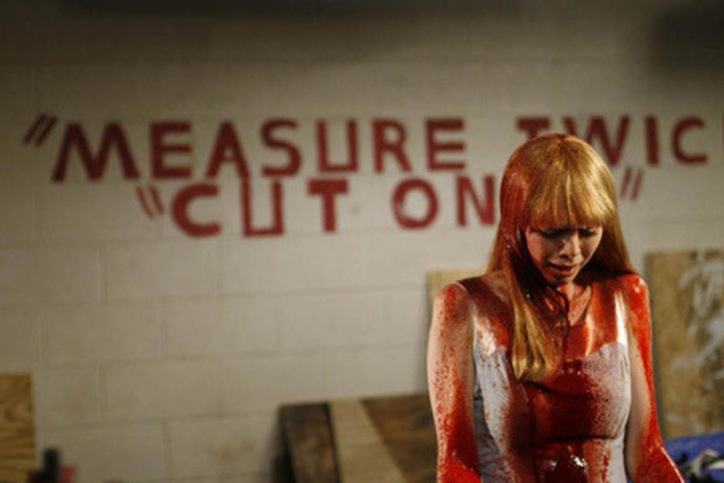


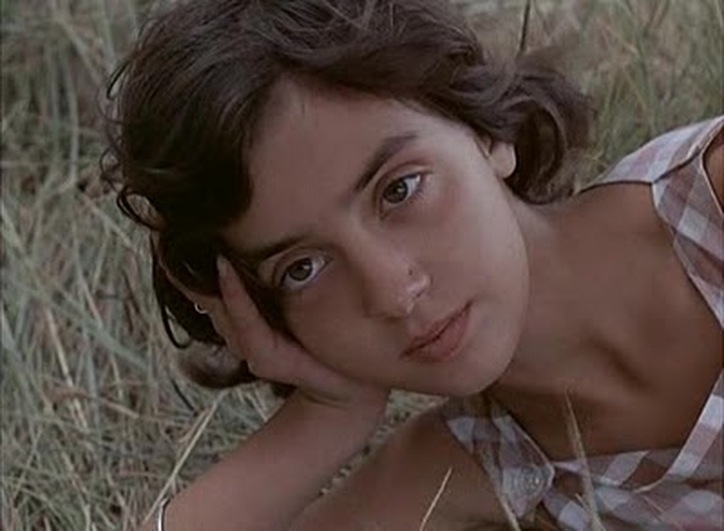
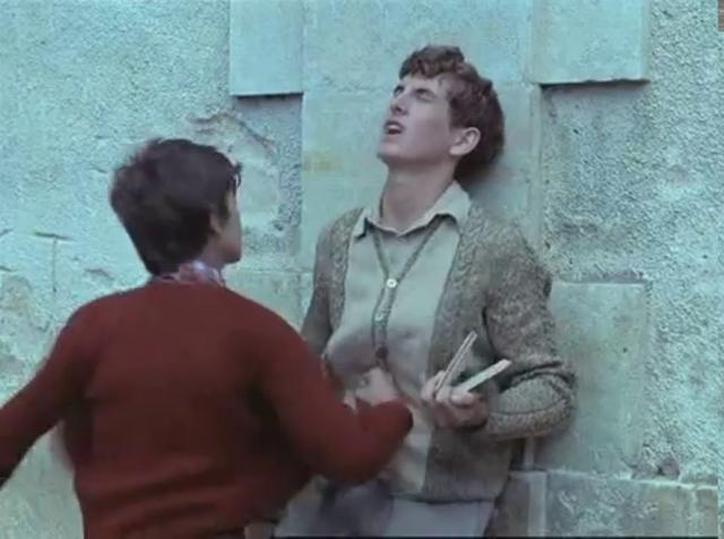
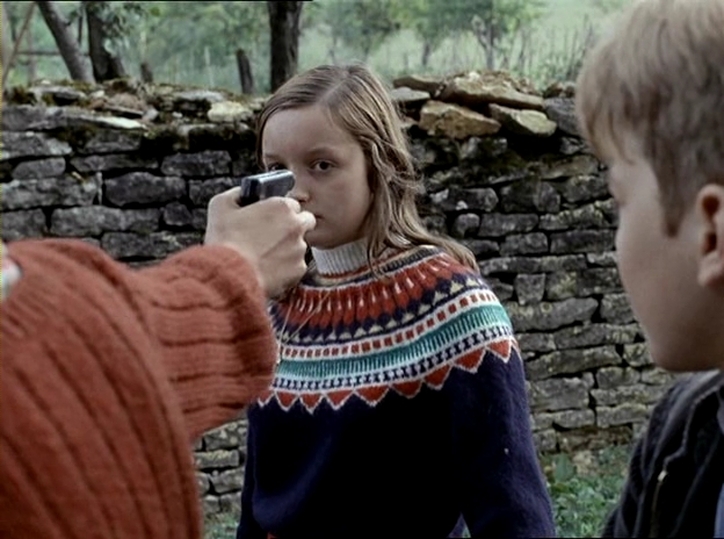


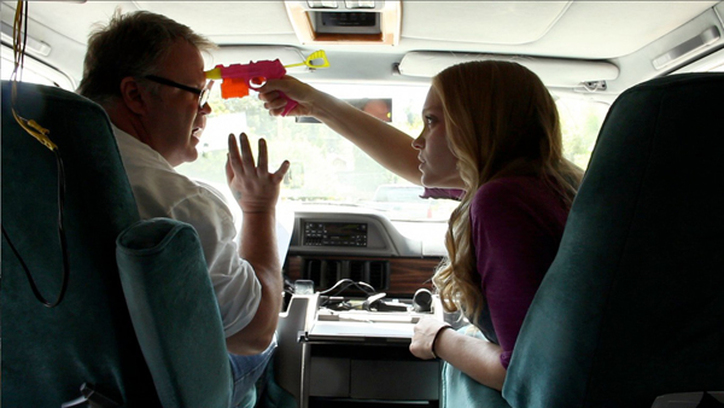



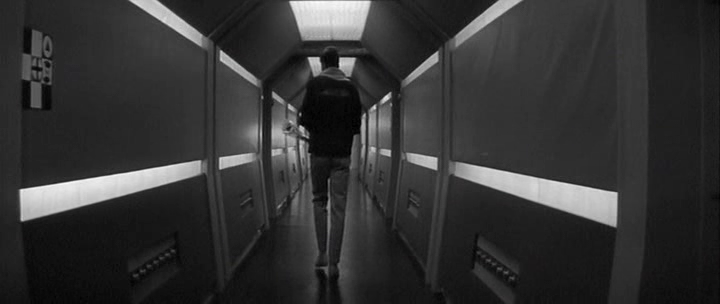
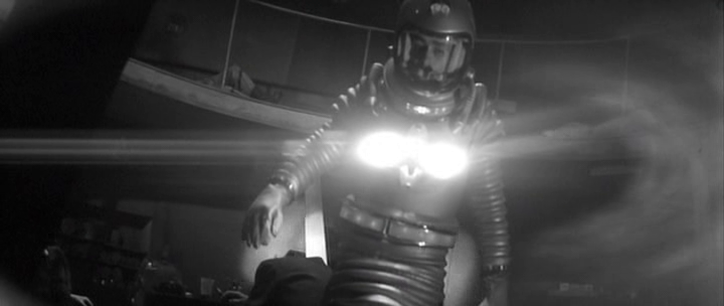
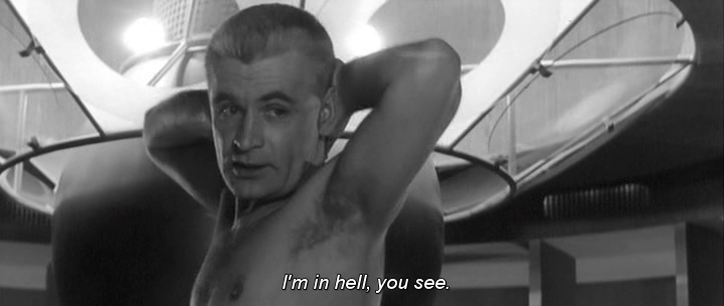
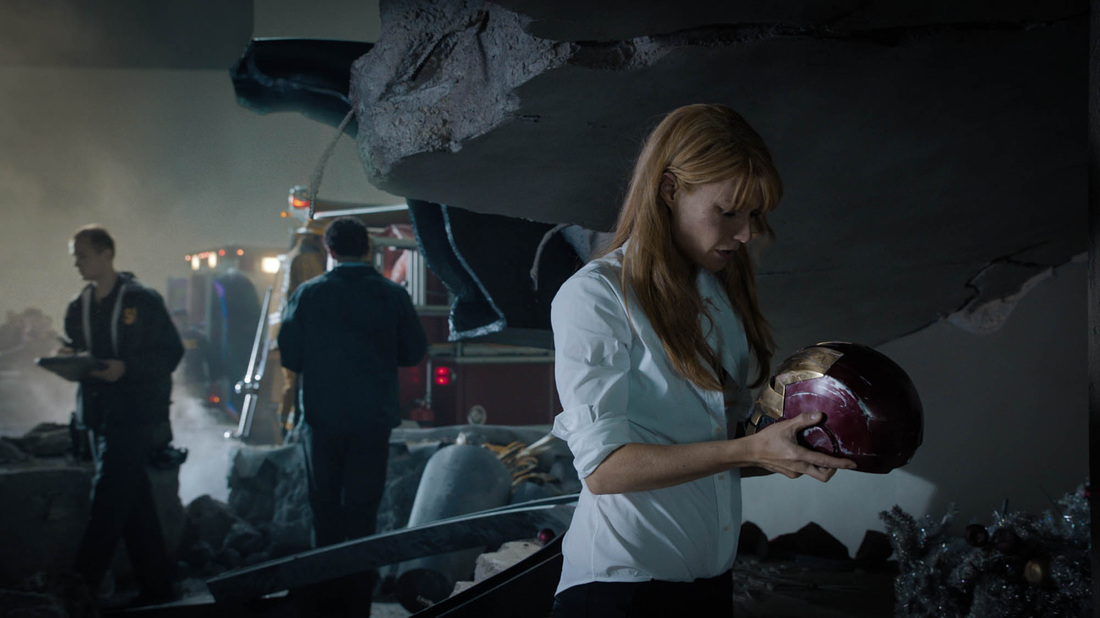

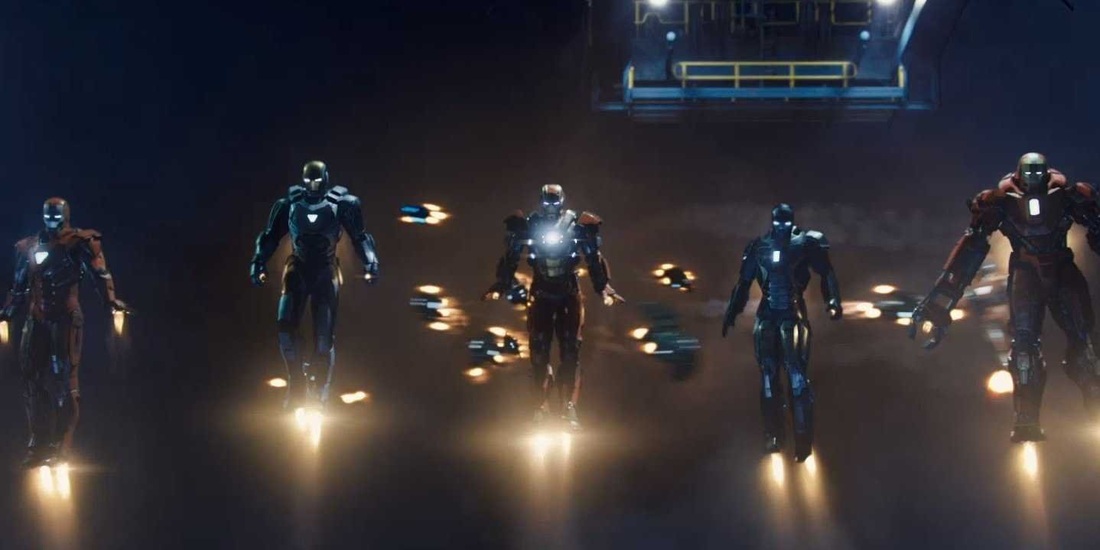
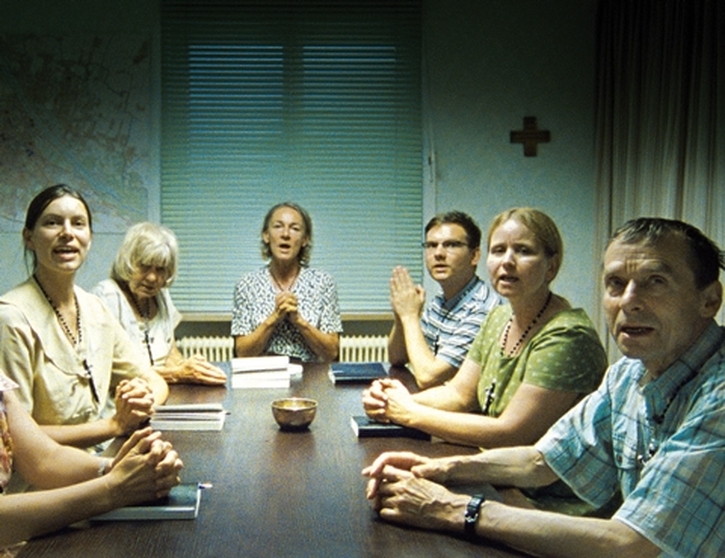
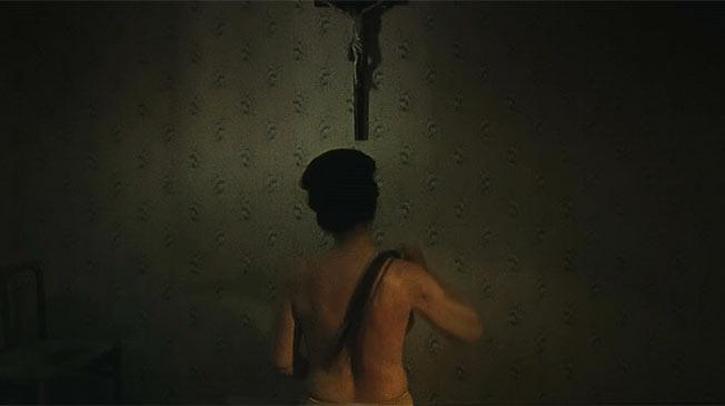
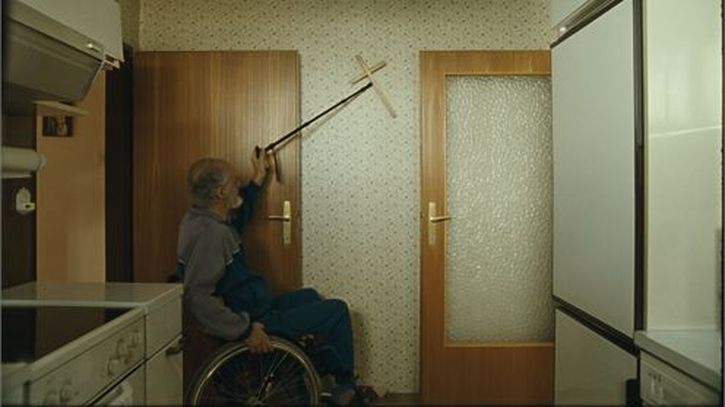
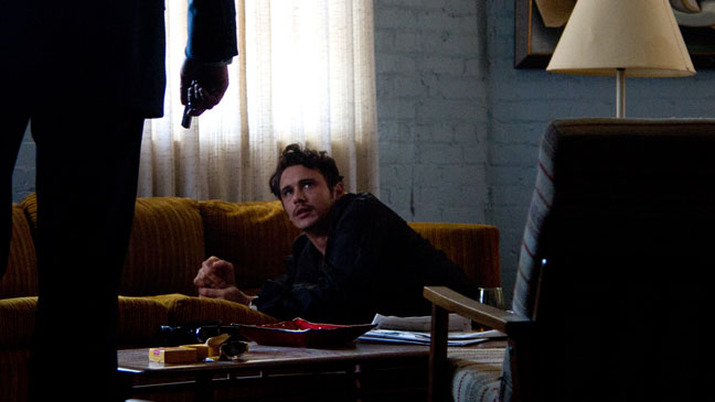
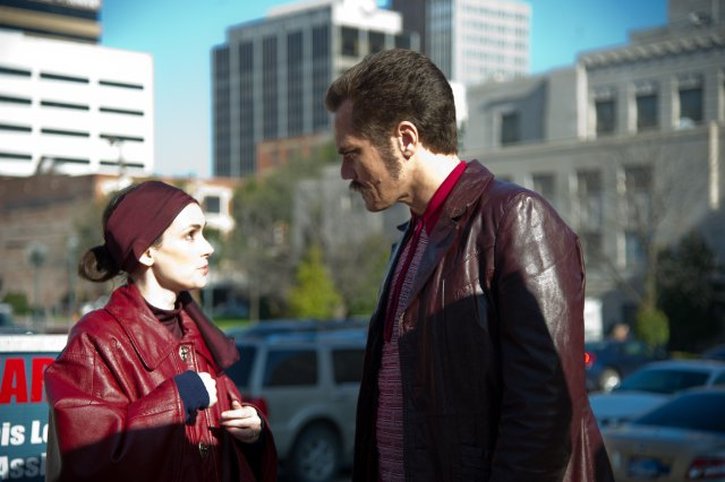
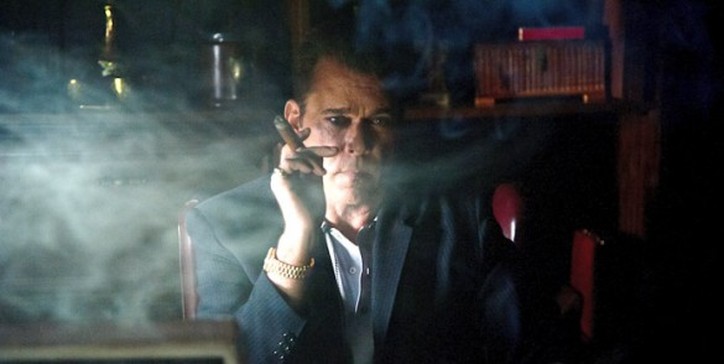

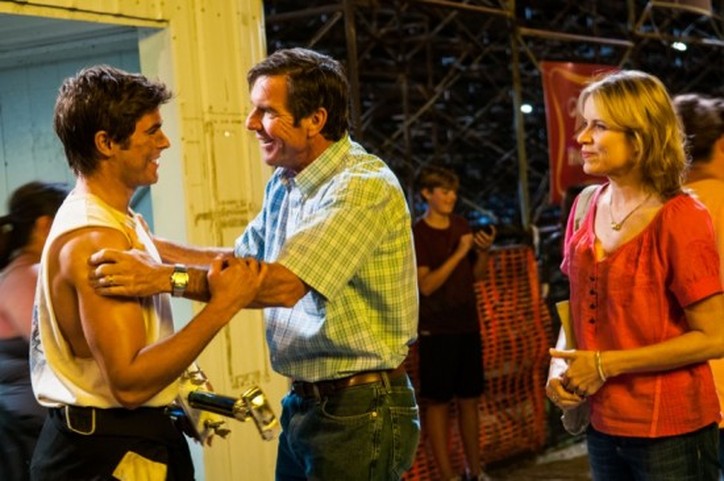
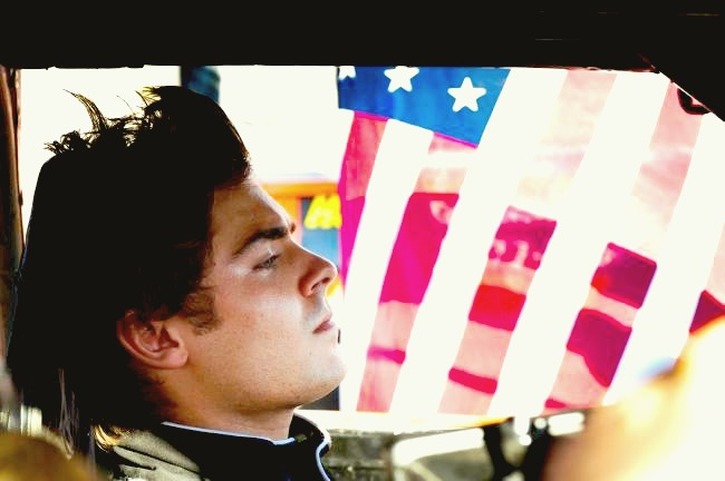

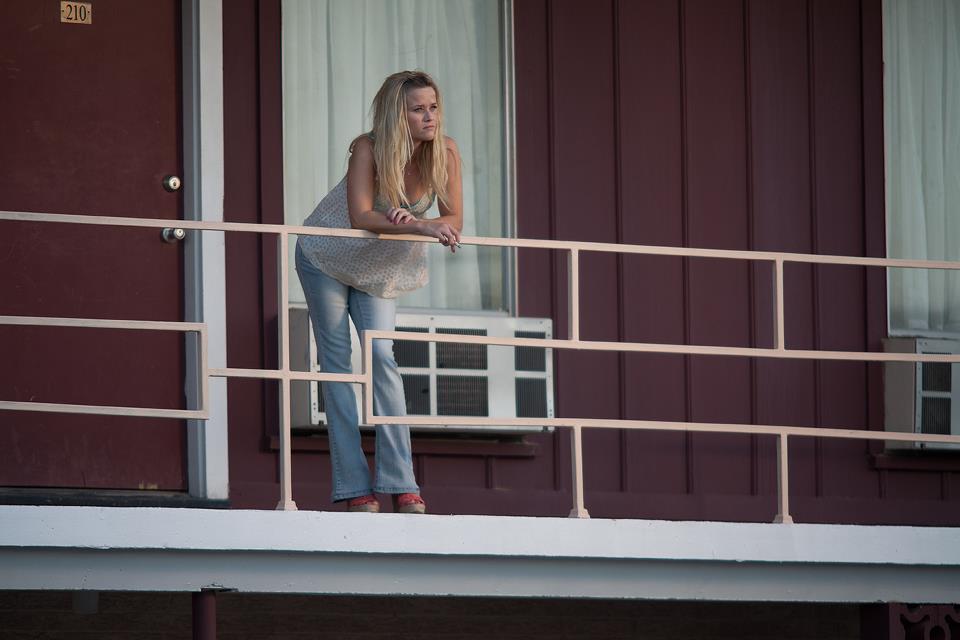
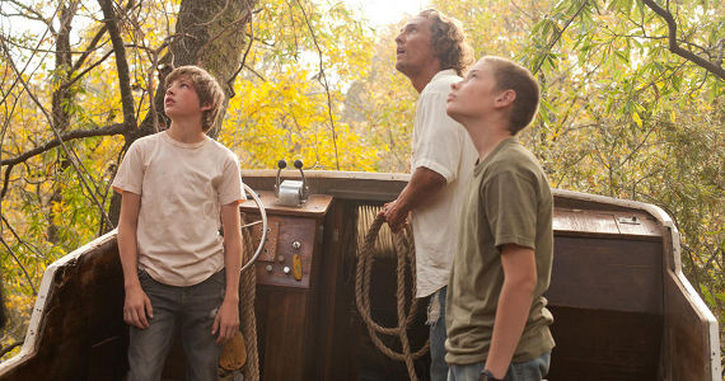
 RSS Feed
RSS Feed
